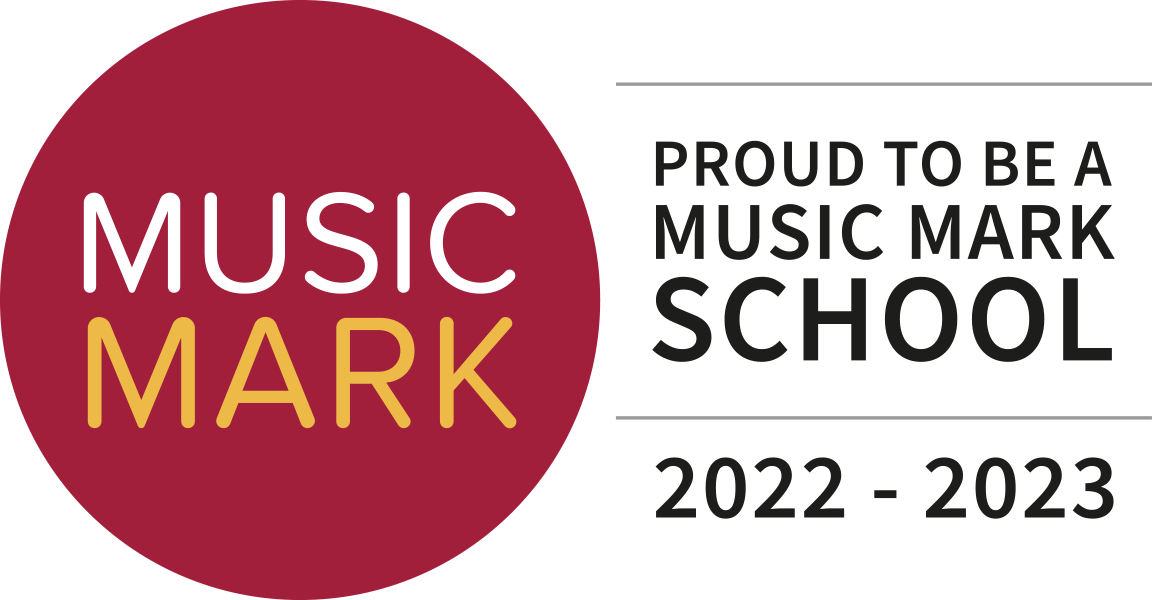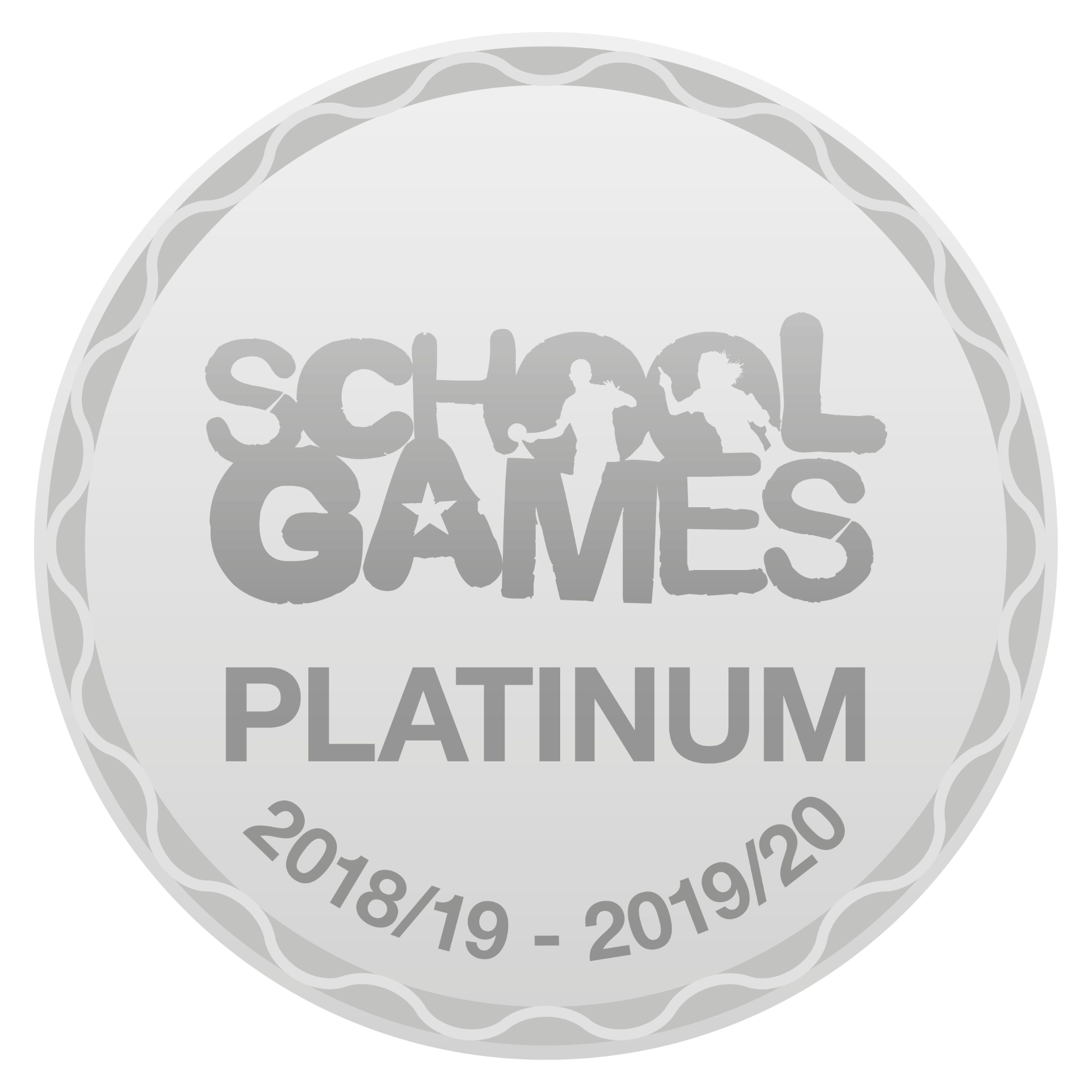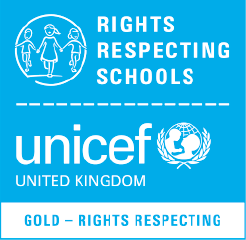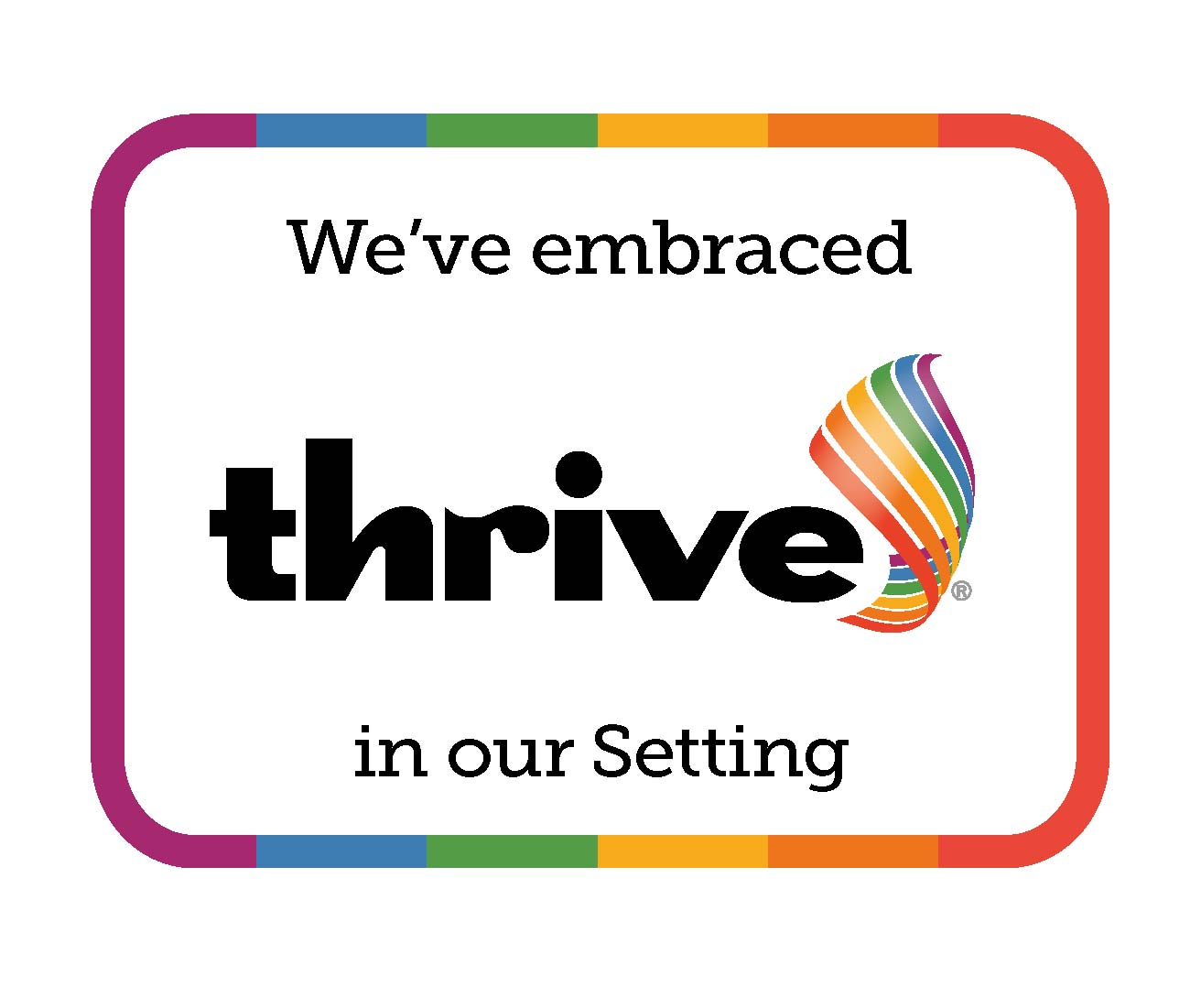Primary Languages
PRIMARY LANGUAGES CURRICULUM STATEMENT.
“Learning a language enriches the curriculum. It provides excitement, enjoyment and challenge (…), helping to create enthusiastic learners and to develop positive attitudes to language learning throughout life. The natural links between languages and other areas of the curriculum can enhance the overall teaching and learning experience.” Key Stage2 Framework for Languages (DfES 2005)
At the Federation of St Edmund’s and St Joseph’s Catholic Primary Schools, we believe that learning a foreign language gives children a new perspective of the world, helping them to understand their own culture and that of others. It helps them develop communication skills and self-confidence and it extends their knowledge of how language works, including their own. We are committed to ensuring children understand the value and importance of learning languages and the possible opportunities it can bring. We seek to enable our pupils to use their language skills to immerse themselves in another culture and country.
We are very proud that St Edmund’s was the first school to be awarded the Linguamarque Gold award and that St Joseph’s was one of the first schools to gain the Linguamarque Silver award.
In our federation the focus language taught is French.
As indicated in the DfE programmes of Study for Languages (2013), we ensure that pupils learn to:
- listen attentively to spoken language and show understanding by joining in and responding ; explore the patterns and sounds of language through songs and rhymes and link the spelling, sound and meaning of words
- engage in conversations; ask and answer questions; express opinions and respond to those of others; seek clarification and help; speak in sentences, using familiar vocabulary, phrases and basic language structures; develop accurate pronunciation and intonation so that others understand when they are reading aloud or using familiar words and phrases; present ideas and information orally to a range of audiences
- read carefully and show understanding of words, phrases and simple writing
- appreciate stories, songs, poems and rhymes in the language
- broaden their vocabulary and develop their ability to understand new words that are introduced into familiar written material, including through using a dictionary
- write phrases from memory, and adapt these to create new sentences, to express ideas clearly; describe people, places, things and actions orally and in writing
- understand basic grammar appropriate to the language being studied
CURRICULUM, RESOURCES AND PLANNING
In our federation, French lessons are taught once a week by a specialist native teacher at St Edmund’s and a specialist HLTA at St Joseph’s. The week’s keywords and phrases are subsequently revisited by the class teacher with the help of the class’s Language Ambassador, who is also in charge of keeping their class’s French calendar and weather charts up to date.
Schemes of Work have been developed over several years by our specialist teacher. They are based on the structure of the Rigolo programme and are enriched with tailor-made, age-relevant resources to support each child’s progress within a word to phrase to sentence model. We also use a variety of authentic materials such as books, leaflets, videos, songs, recordings and website games that French schoolchildren would use during their Primary schoolyears to encourage curiosity and immersion.
Progress within each unit is ensured through Vocabulary, Grammar and Phonics knowledge - “the building blocks of a language system (..): sounds, words and rules about how these connect to create sentences and meanings” (OFSTED Languages Research Review, June 2021) .
The units’ sequencing ensures continuity and progression in all 4 skills of Listening, Speaking, Reading and Writing. Assessment alternates between oracy skills (Listening and Speaking) and Literacy skills (Reading and Writing) in order to gain a good overview of the child’s progress. Each pupil has a Language Portfolio to record their own individual progress and to identify their next step for improvement.
At the end of Year 6, the children start a transition project agreed between our primary schools and their main link secondary schools and complete it the following school year with their new Year 7 teacher.
We embed our language learning with intercultural understanding and cross-curricular links- for instance Geography when we do a weather forecast presentation, Music when we learn a multilanguage song for our Christmas concert, PSHE when we find out about nationality, currency or European Day for Languages and English when we learn about grammar and etymology.











